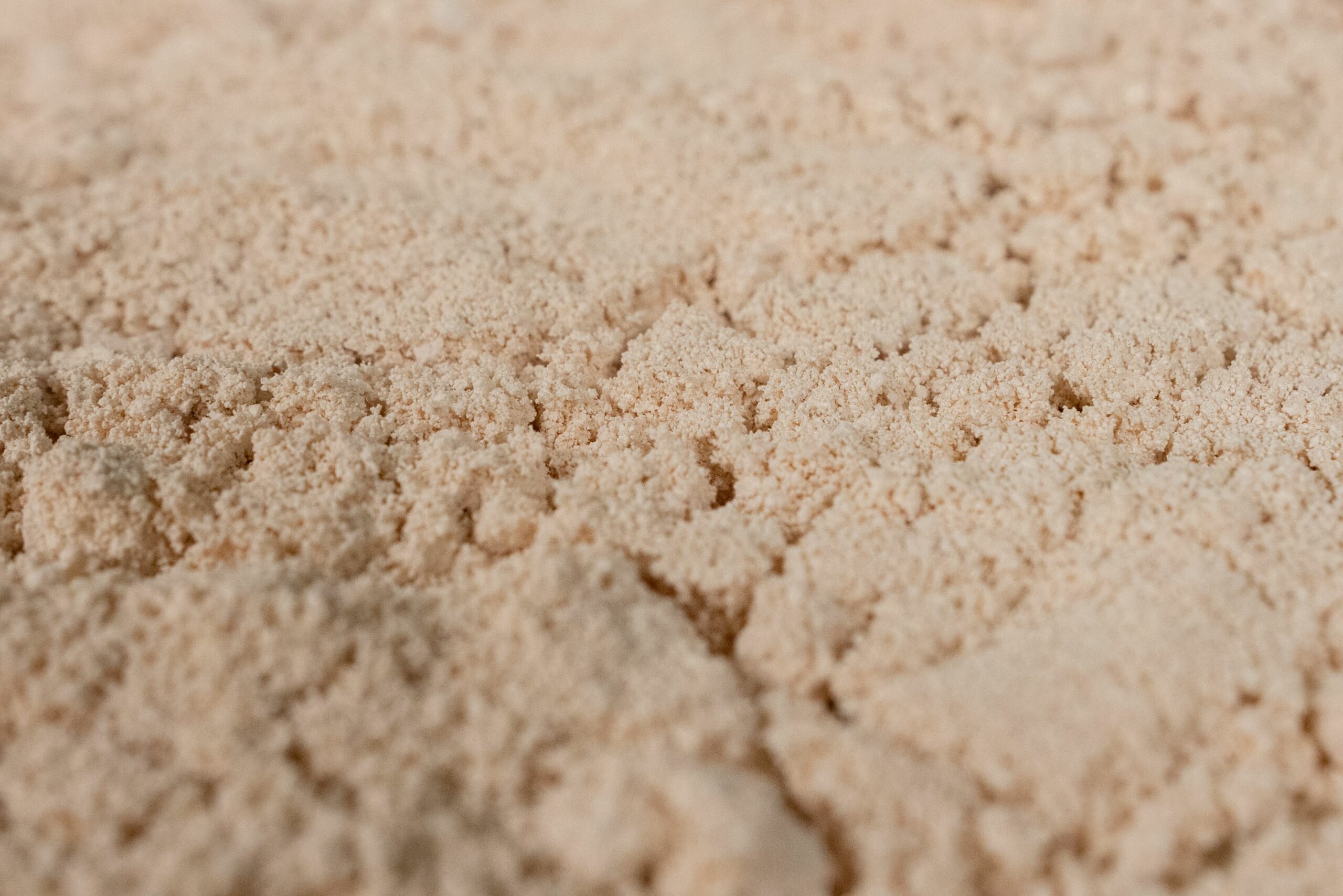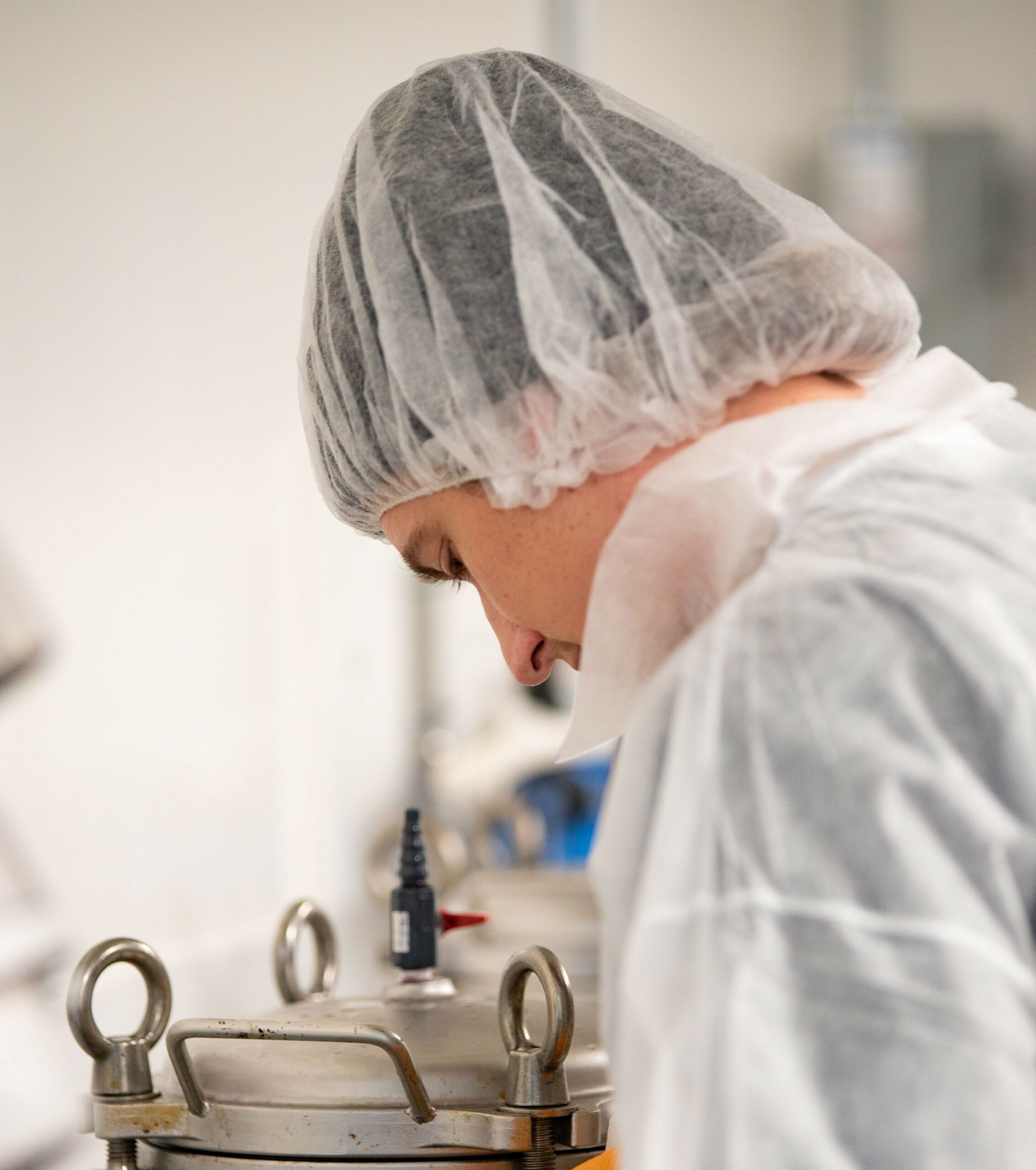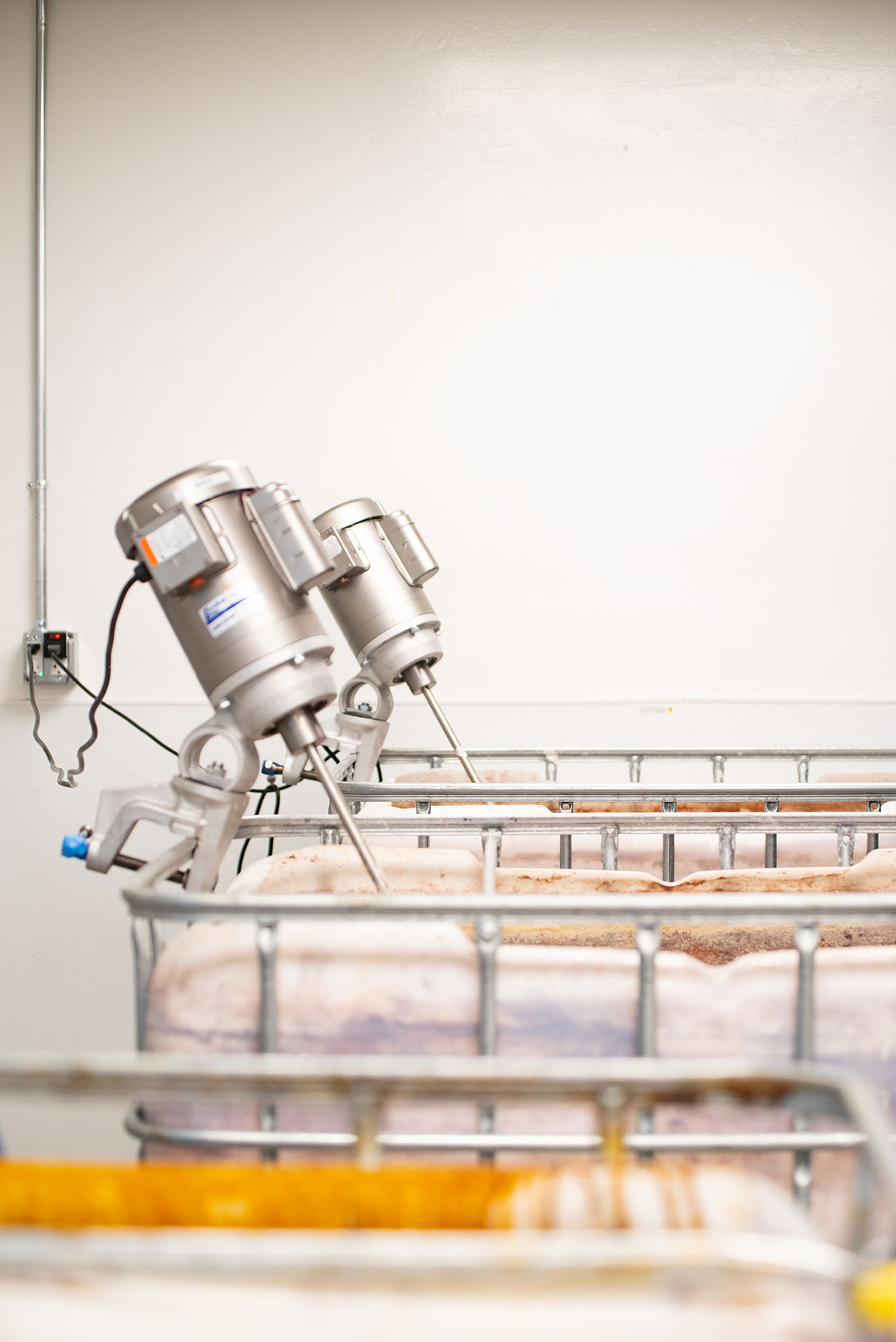Cannabigerolic CBGA
WHAT WE PROVIDE
High Purity cannabigerolic acid (CBGA)
Our product is a microcrystalline powder containing high purity cannabigerolic acid (CBGA) with minor acidic cannabinoids and other natural components derived from industrial hemp. Our extracts are odorless and tasteless, can be easily handled and dosed, and readily integrated into wide range of products. They can come in either isolate, full spectrum, or broad spectrum ( THC free) form. Clients can also specify custom formulated blends with desired ratio of CBGA and CBG. Although our products naturally come in a powder and acidic form, we can further process it into an oil based form or as activated CBD form.





a patented water-base extraction
CBGA- Mother of all cannabinoids
CBGA is known as the “mother of all cannabinoids” as it is the foundational acidic cannabinoid crucial to the formation of other cannabinoids, including THCA and CBDA. Through decarboxylation, a process where cannabinoids are exposed to heat, CBGA is converted to CBG. However, CBGA has shown great therapeutic potential on its own.
Product highlights:
- 97+-3 % purity
- THC-free
- Clean and safe water-based extraction method
- No residual solvents or heavy metals
- Remediation of pesticides and mycotoxins
- Flavorless and odorless
- Flowable powder- easy to handle and dose
- Ultimate infusion ingredient for oil-based products

Compressible

Can be ground into a fine powder

Extremely easy to handle

Odorless
Let us help you!
Infusing CBDA, CBD, CBGA, CBG into your products?
Call us today to discuss how you can use our microcrystalline cannabinoid powder to easily infuse the extract into any cannabinoid-based formulation you desire.